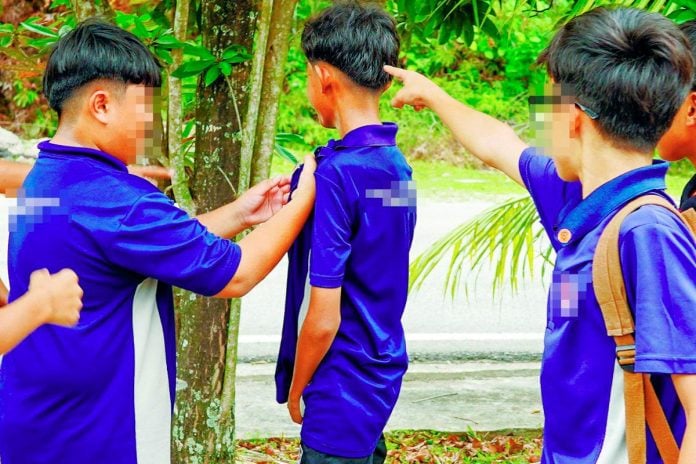PETALING JAYA: Malaysia’s growing wave of school violence is not just a law enforcement issue, but also a psychological crisis in the making, fuelled by a generation struggling to navigate an overstimulated, hyperconnected world that is overwhelming their emotional growth, warned psychological services provider CPC International managing director and child clinical psychologist Dr Noor Aishah Rosli.
She said today’s adolescents are developing in a different social and sensory environment that deeply shapes how they think, feel and respond to conflict or distress.
“While most adolescents understand the difference between right and wrong, their ability to manage emotions and impulses is still developing. This makes them more prone to acting out in moments of stress or anger.
“In the heat of the moment, emotions often override logic, so even if they understand the risks, they may act impulsively without realising the long-term impact.”
She said several interconnected factors increase the risk of extreme behaviour, adding that one key issue lies in neurodevelopment as the prefrontal cortex, which governs decision-making, impulse control and planning, continues to mature well into the mid-20s.
“As a result, teenagers may be capable of sophisticated planning but still struggle to regulate their emotions and control impulses.
“Adolescence is a period of intense identity formation. Feelings of rejection, shame or confusion about one’s identity could easily become overwhelming, especially when combined with poor coping skills or limited emotional support.”
She added that untreated mental health conditions, such as depression, conduct disorders, trauma, psychosis or severe ADHD, could further increase vulnerability.
“Many young people never receive the professional care they need, leaving their distress to fester unchecked.
“Prolonged social isolation, bullying and feelings of exclusion could also breed resentment and a sense of moral disengagement.”
Noor Aishah added that when young people feel unseen or dehumanised, their ability to empathise weakens, creating space for anger and aggression to grow.
Environmental factors also play a significant role.
She warned that easy access to violent or extremist content online has made aggression seem more acceptable or even glorified.
“When violence or revenge is repeatedly shown online, and even praised by peers, it could start to feel normal or justified.
“Many adolescents spend hours watching or playing violent material, which could dull their sensitivity to real suffering.”
However, she emphasised that not all children are affected in the same way.
Those who have family support, emotional awareness and open communication are more likely to recognise that what they see online is not acceptable in real life.
She said to prevent youth violence, early intervention in schools is critical.
“Every school should have access to a trained psychologist or counsellor who could identify students showing early signs of distress, aggression or emotional difficulties.
“Regular mental health screenings, wellbeing programmes and teacher training are essential to ensure potential warning signs are not missed.
“Building a supportive school culture in which students feel heard, connected and cared for is the most effective way to prevent future acts of violence.”
Noor Aishah said violence among youth rarely happens overnight. Instead, it grows when emotional pain, isolation and lack of support go unnoticed.
Her message to parents, teachers and communities is simple yet powerful.
“Listen early, connect deeply and respond with care.
“Every child who feels seen and supported is one step further from choosing violence as a solution.”










